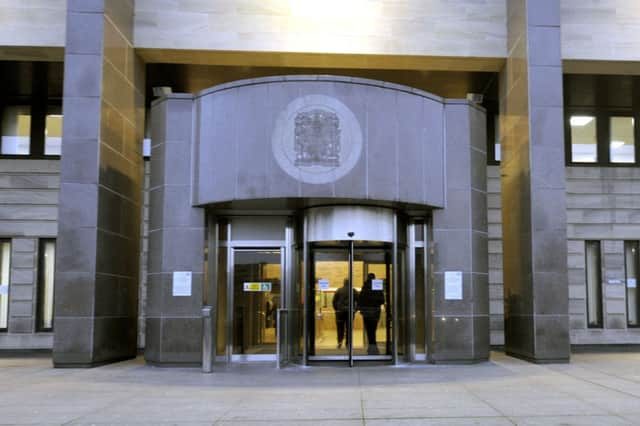Fraud pair given ‘financial life sentences’


The Crown secured two “nominal” £1 confiscation orders earlier this week against a benefits fraudster and a financial embezzler – meaning that any future earnings will be reclaimed as criminal profits from the pair if appropriate.
In the first case, at Glasgow Sheriff Court on Wednesday, Shaleena Ahmed, 32, from Pollockshields in Glasgow, was made the subject of a confiscation order after claiming more than £16,000 of benefits which she was not entitled to.
Advertisement
Hide AdAdvertisement
Hide AdAs Ahmed had no money to pay up, the court made an order for the “nominal” amount of £1.
The purpose of this order is to maintain the Crown’s position, so that if the accused obtains any assets in the future, the court can be asked to recalculate the confiscation order up to the amount the guilty party benefited from the crime.
In the second case, at Dunfermline Sheriff Court, Stuart Snaddon, 44, from Leven in Fife was also slapped with a compensation order after embezzling £225,000 from his clients.
He pleaded guilty to embezzlement on 26 February 2013 and has since been sentenced to four years in prison, and a compensation order for the balance of £158,000 to his victims.
The Crown has faced criticism in recent weeks over compensation orders following the case of a former bank worker who stole £120,000 from a client being ordered to pay back just £1 because she has no assets.
Satnam Kaur, 31, was working as a customer adviser at the Royal Bank of Scotland branch in Albyn Place, Aberdeen, when she took the money.
The Crown Office was forced to defend its decision to make Kaur subject to a £1 confiscation order. Further proceedings will be taken against her if she comes into money.
Lindsey Miller, procurator- fiscal for organised crime and counter-terrorism, said: “The Crown is dedicated to recovering proceeds of crime wherever possible.
Advertisement
Hide AdAdvertisement
Hide Ad“However, sometimes an accused simply has no assets with which to pay, or it may be more appropriate for them to repay their victims.
“In these cases, we use the powers of the Proceeds of Crime Act to ask that their full illegal profit is formally recorded by the court and a nominal order for £1 is made against them.
“This ensures that the Crown can go back to the court should the accused obtain any assets in the future, or fail to repay their victims, and raise the confiscation order up to the total amount they made from their criminal activity.”